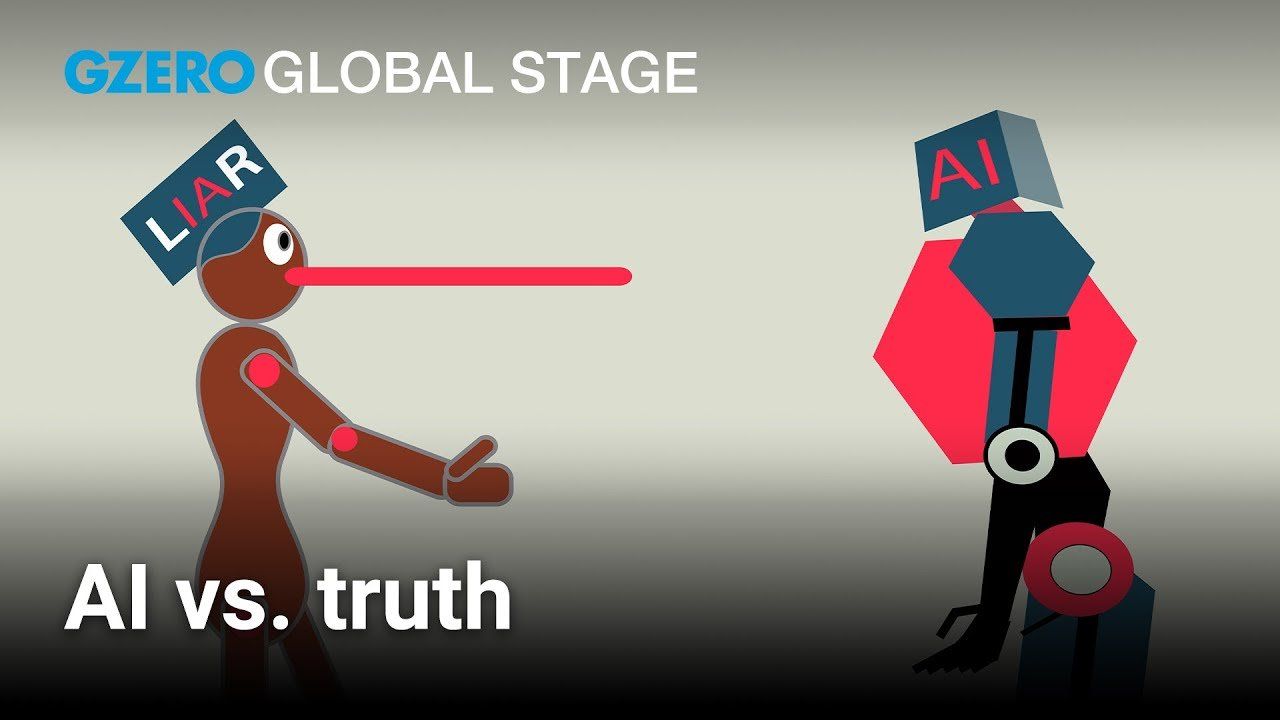Digital Governance
AI vs. truth: Battling deepfakes amid 2024 elections

AI vs. truth: Battling deepfakes amid 2024 elections | Eva Maydell | Global Stage

With nearly half of the globe heading to the polls this year amid lightning-speed developments in generative AI, fears are running rampant over tech-driven disinformation campaigns.
During a Global Stage panel at the Munich Security Conference, Bulgarian politician and European Parliament member Eva Maydell said she fears we will soon be unable to separate fact from deepfake fiction.
While acknowledging the important developments AI and emerging tech offer, Maydell warned that we also “need to be very sober” about how they are threatening the “very fabric of our democratic societies” and eroding trust.
While the EU is trying to push voluntary measures and legislative proposals, Maydell points out that political conversations often revolve around the sense that “we'll probably never be as good as those that are trying to deceive society.”
“But you still have to give it a try, and you need to do it in a very prepared way,” she adds.
Ian Bremmer sits down with former US Ambassador to NATO Ivo Daalder to unpack a historic shift in the transatlantic alliance: Europe is preparing to defend itself without its American safety net.
Think you know what's going on around the world? Here's your chance to prove it.
Argentina, Armenia, Belarus, Egypt, Indonesia, Jordan, Pakistan, Paraguay, Vietnam – to name only a few.
A poster featuring Andrew Mountbatten-Windsor, formerly known as Prince Andrew, is installed on a sign leading to the parking area of the Sandringham Estate in Wolferton, as pressure builds on him to give evidence after the U.S. Justice Department released more records tied to the late financier and convicted sex offender Jeffrey Epstein, in Norfolk, Britain, February 5, 2026.
British police arrested former Prince Andrew Mountbatten-Windsor today over allegations that in 2010, when he was a UK trade envoy, he shared confidential government documents with convicted sex offender Jeffrey Epstein.